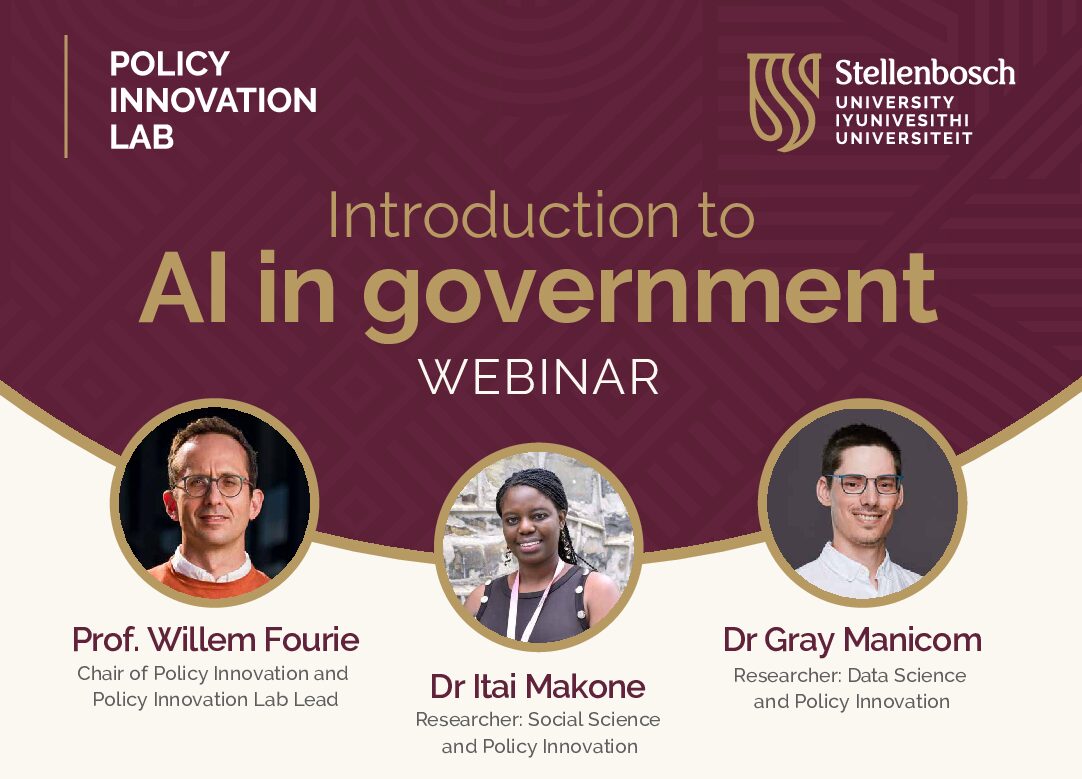
Goalkeepers profile: Matlhogonolo Ledwaba
This month, the Policy Innovation Lab is spotlighting Goalkeeper Matlhogonolo Ledwaba. Through Plant to Plate, an initiative of The Bread Box Bakery & Studio, she uses cooking, baking, and hydroponic gardening to teach children and communities about nutrition, food production, and small enterprise. By turning a beloved local bakery into a hub for learning and innovation, Matlhogonolo is helping families improve household food security, opening pathways for youth and women to earn an income, and advancing progress toward Zero Hunger and other SDGs in her community.

Update to our catalogue of AI public sector use cases
Find out about the latest update to our Catalogue of AI tools used by governments worldwide.
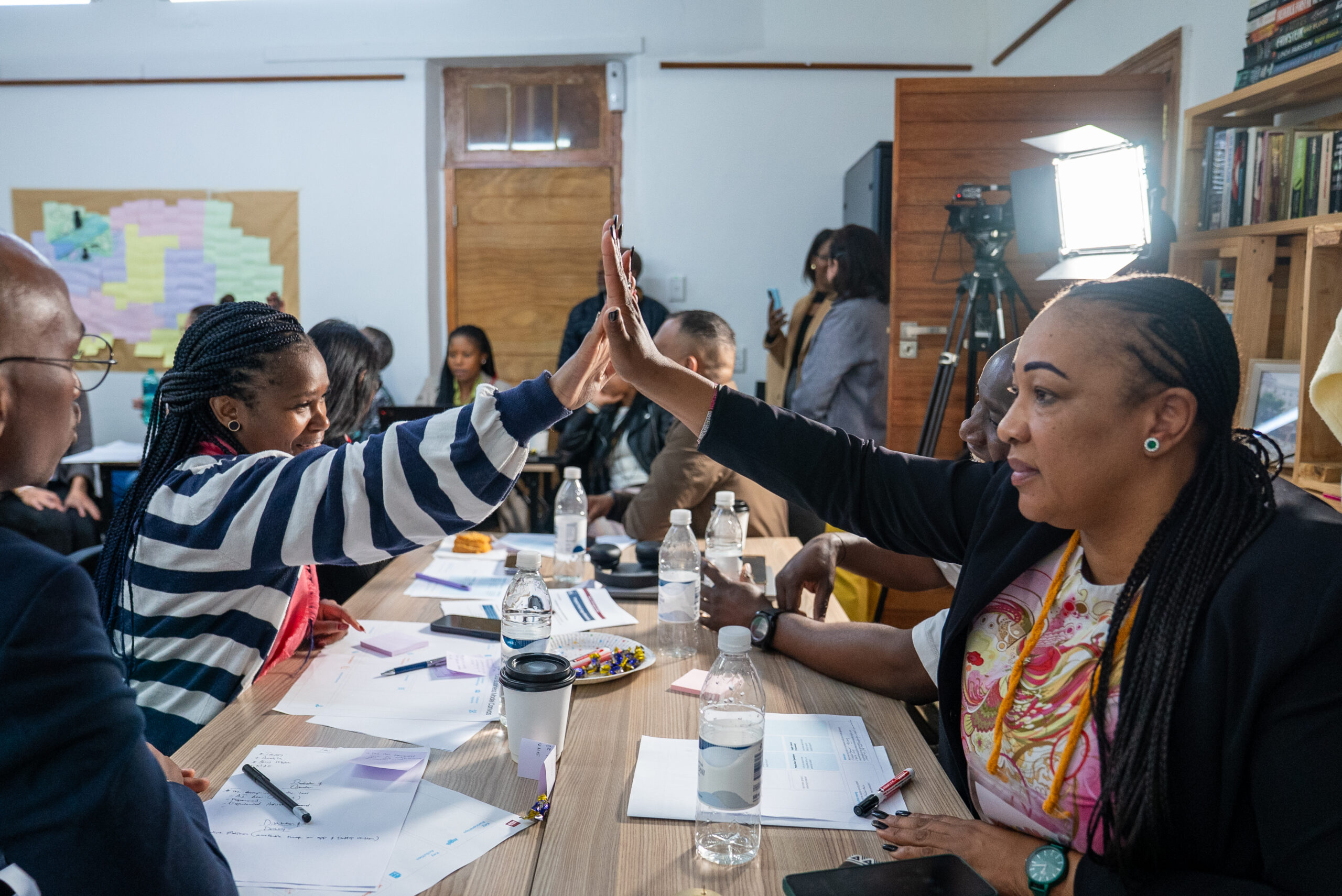
Leading with Ubuntu: Rethinking leadership in contemporary organisations
Goalkeepers South Africa met online on 1 December for the ninth session of the series hosted by Stellenbosch University’s Policy Innovation Lab. Led by Dr Ofentse Theledi, the discussion showed how Ubuntu can guide everyday leadership and strengthen efforts to localise the SDGs across sectors and communities.
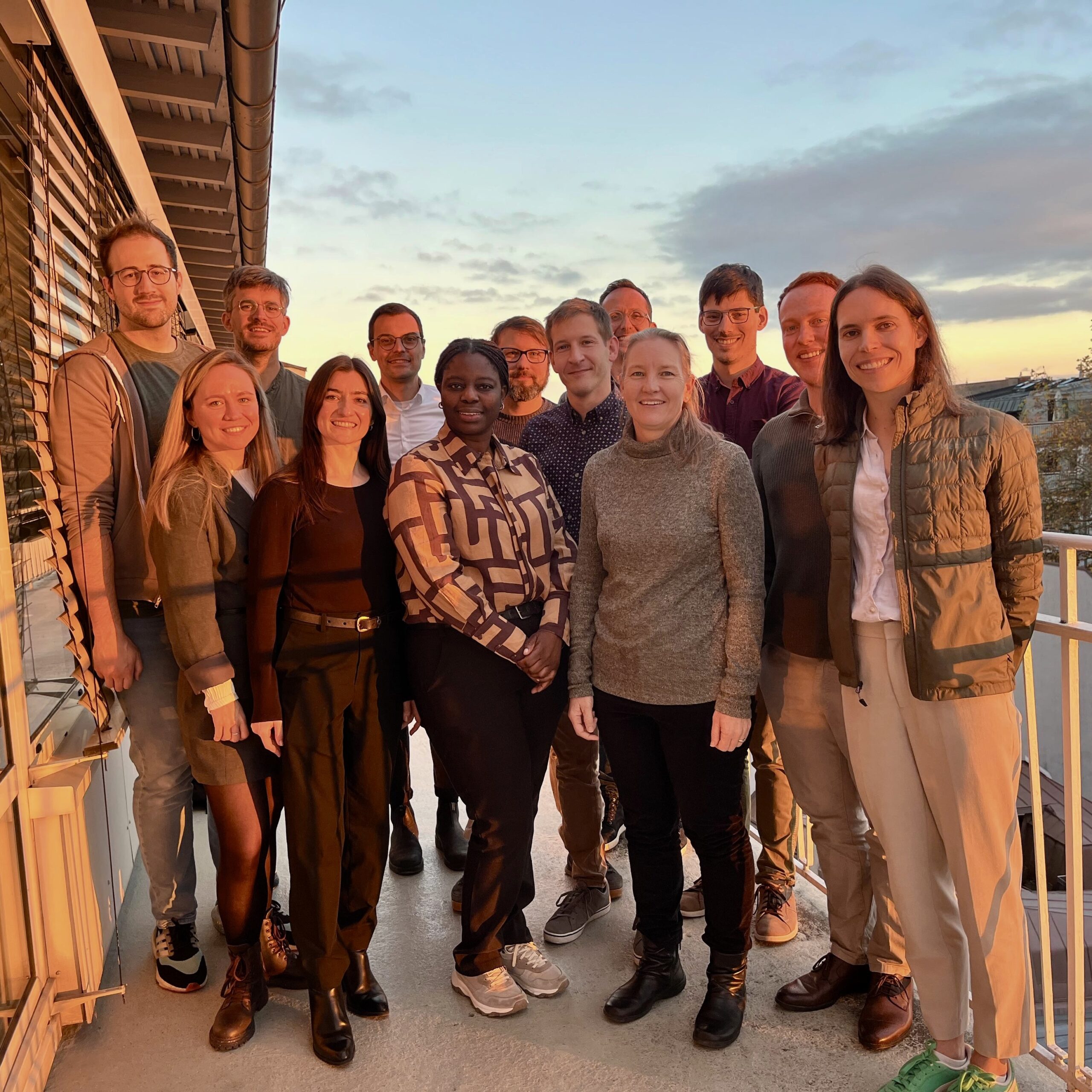
Strengthening the LMU-SU partnership through collaboration on interdisciplinarity
The recent LMU–SU workshop on interdisciplinarity laid the foundation for translation the institutions' formal partnership into substantive collaboration. Scholars from both institutions compared approaches to interdisciplinary teaching and the role of AI, highlighting clear alignment and identifying opportunities for joint programme development and future research cooperation.
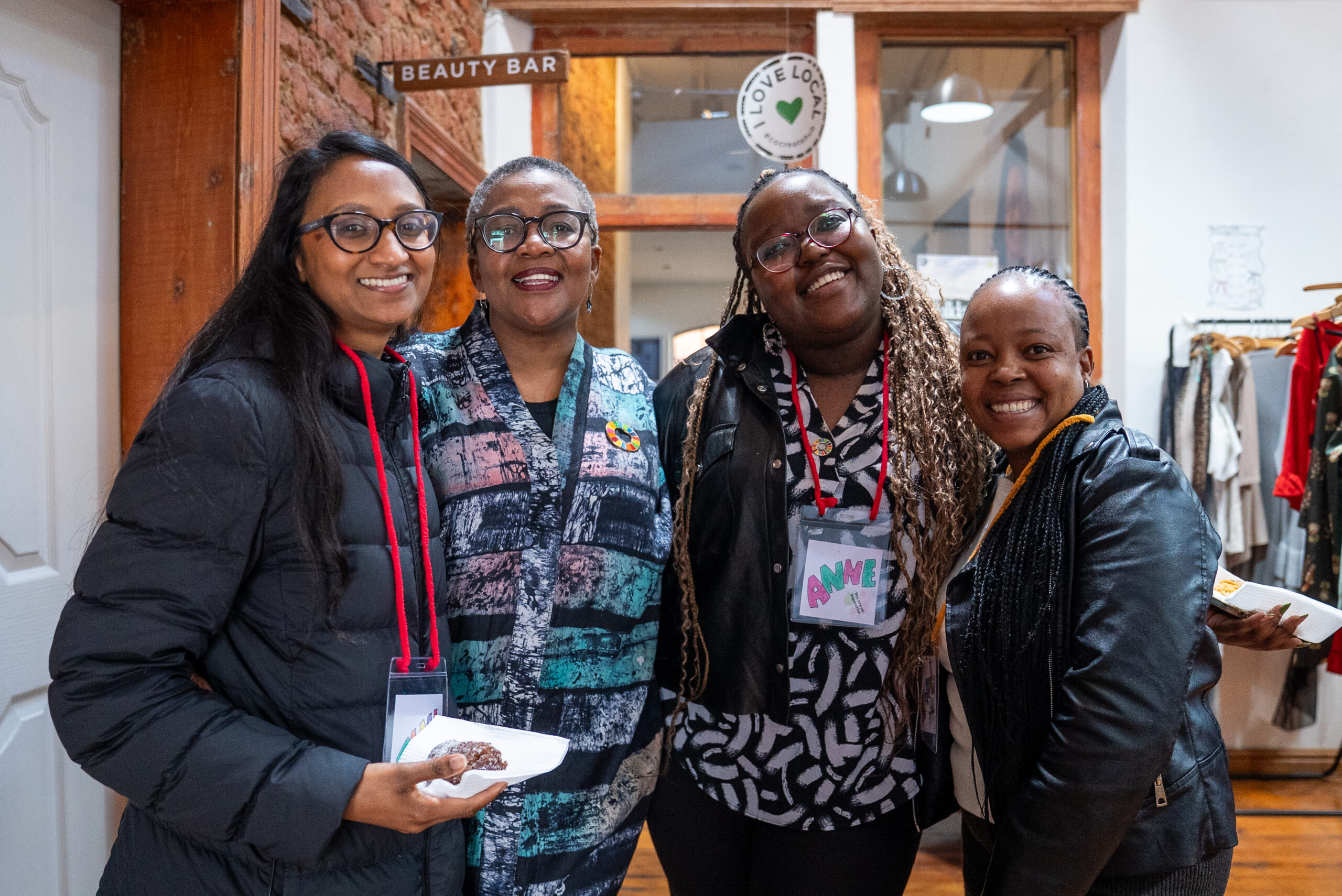
Goalkeepers exploring gendered leadership and everyday influence
Our latest Goalkeepers South Africa session featured Rashmi Rambiritch-Gagiano, a leading advocate for women in leadership, in an interactive masterclass on gender and identity. The session provided leaders with practical tools to navigate prescriptive stereotypes and the backlash that can follow. The key takeaway was a challenge to build respect through clarity and consistency, rather than focusing on "the disease of wanting to be liked," to ensure impact.
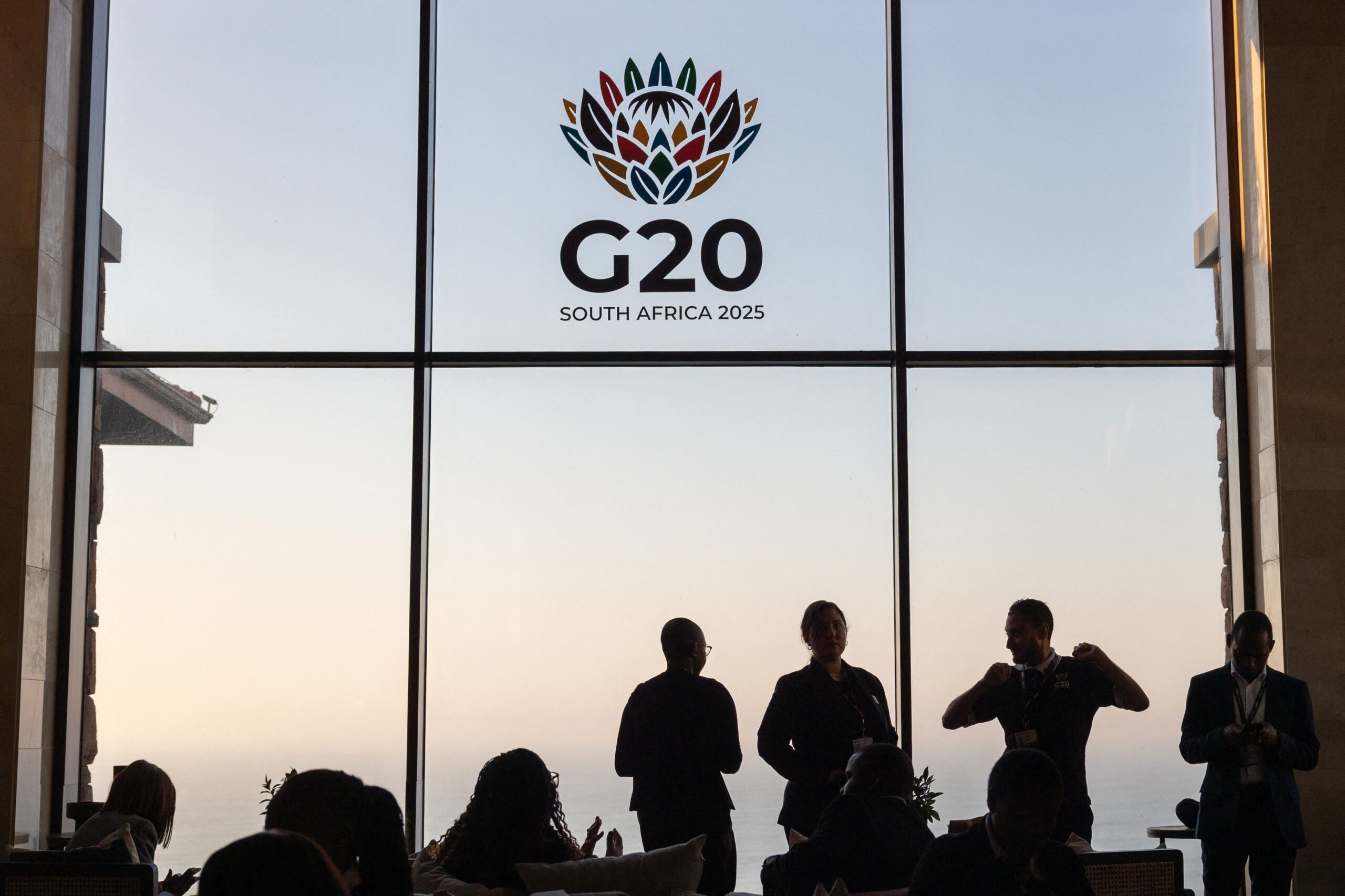
Evidence-based recommendations for the G20’s Anti-Corruption Working Group
The Policy Innovation Lab is offering evidence-based recommendations to the G20 Anti-Corruption Working Group on strengthening institutional integrity, enhancing asset recovery through AI, promoting inclusive policymaking, and protecting whistleblowers. The report highlights best practices from Brazil, South Africa, India and Kenya to promote transparency, accountability and collaboration in global anti-corruption efforts.

Creating a legislative catalogue for digital ID in South Africa
The Policy Innovation Lab is supporting South Africa’s digital transformation by developing an AI-assisted legislative catalogue for the country’s envisioned digital ID system. This tool maps the complex legal framework governing digital ID, helping policymakers identify gaps and conflicts to ensure the system’s development is coherent, compliant and future-ready.

Synthesising G20 messages on AI, DPI and digital transformation
Over the past four years, the G20 has developed an increasingly coherent digital governance framework through policy innovation in digital transformation, Digital Public Infrastructure and Artificial Intelligence. A synthesis by the Policy Innovation Lab, TUM Think Tank and Harvard’s Global Network analyses over 200 G20 documents, with final reports to be released in late 2025.
Lab Engages with Western Cape Digital Transformation Plan
The Western Cape government invited the Lab to participate in a academic consultation on their Digital Transformation Plan 2.0.

Update to our catalogue of AI public sector use cases
We outline the findings of the most recent update of our database of AI tools used in the public sector. This time our update included a number of South African tools.

Stellenbosch dialogue advances AI and human rights convention
The Policy Innovation Lab joined a high-level dialogue on AI and human rights with TUM’s IEAI and LMU, supporting and unpacking the implications of the 'Munich Convention on AI, Data and Human Rights'. From Stellenbosch, the Lab's experts highlighted Global South voices and outlined interoperable standards for human rights-based AI governance.
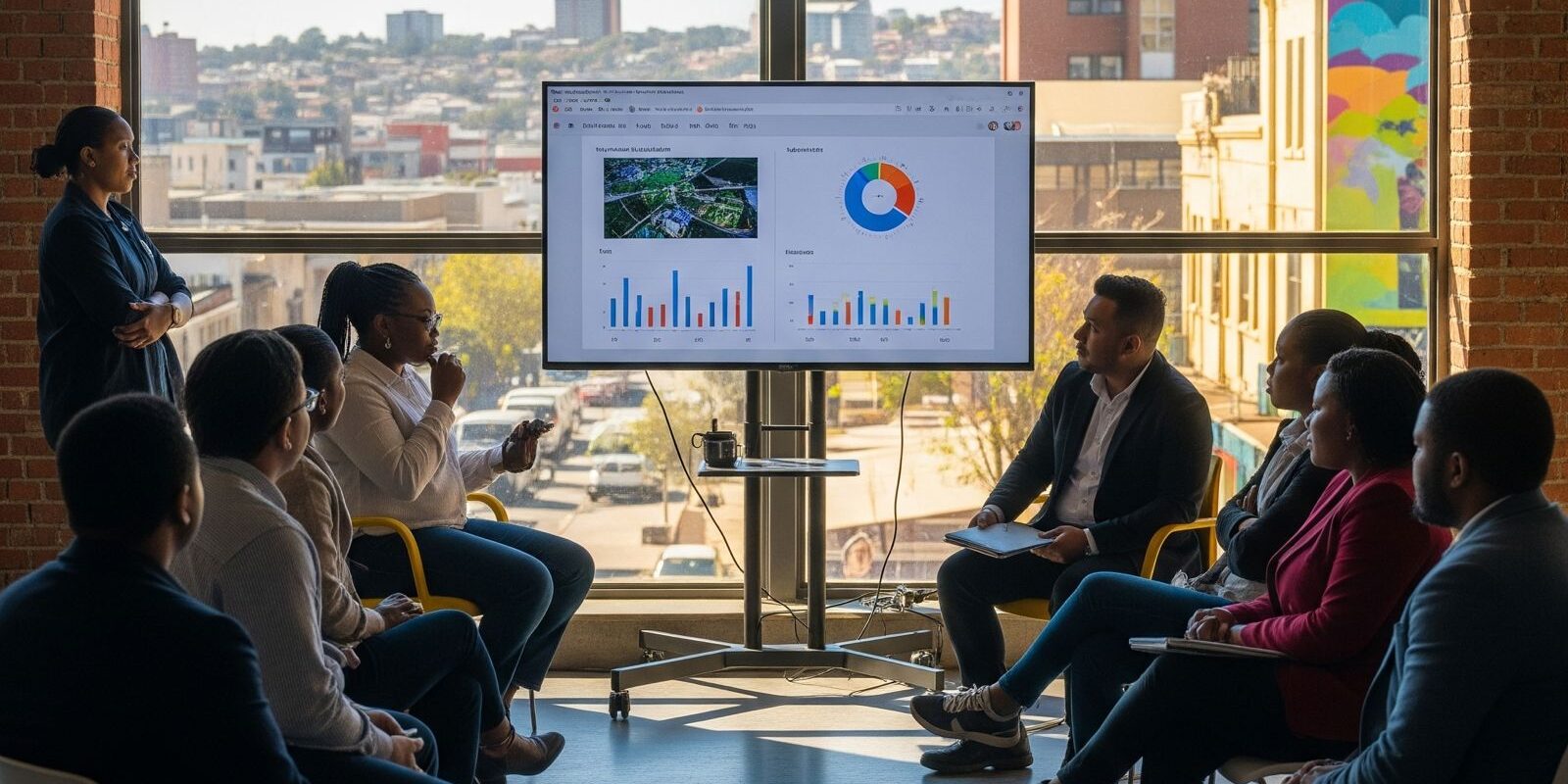
Lessons from civic tech review of citizen-generated data tool
Lessons from a civic tech review of our citizen-generated data tool reveal the ethical, financial, and design trade-offs in deploying AI for policymaking. Our WhatsApp chatbot captures feedback to inform smarter, more responsive governance in South Africa.
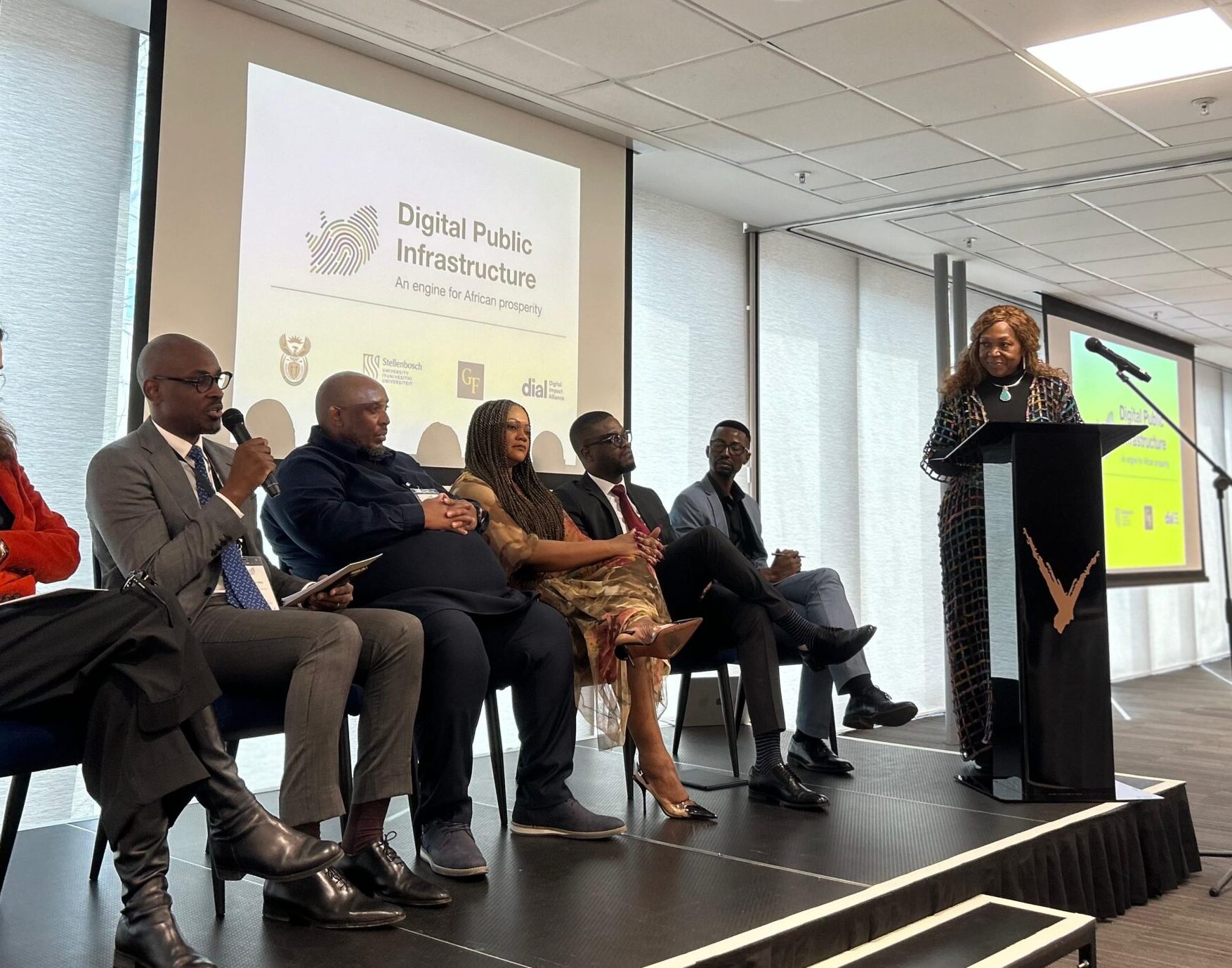
High-level dialogue on Digital Public Infrastructure convened in Johannesburg
Senior government officials and industry leaders from across Africa recently convened in Johannesburg to advance Digital Public Infrastructure (DPI). The dialogue, hosted by the Presidency and supported by the Lab, focused on South Africa's ambitious Digital Transformation Roadmap, continental initiatives and a collaborative, multi-stakeholder approach to building inclusive DPI.
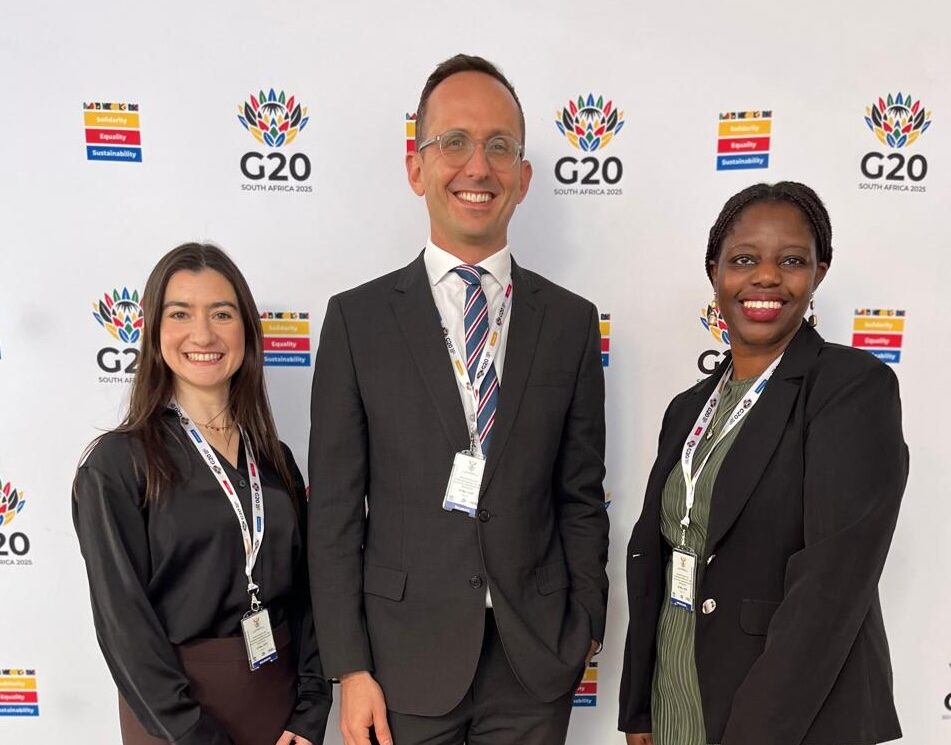
SU’s Policy Innovation Lab supports high-level roundtable on improving SA’s public service
Supported by SU's Policy Innovation Lab, a recent presidential roundtable addressed high turnover in public service leadership. Through preparatory webinars and participation in the main event, the Lab contributed to discussions on key reforms to professionalise senior roles, aiming for a stable, effective administration shielded from political interference.

Webinar series equips policymakers with foundational AI knowledge
Through a series of webinars, the Policy Innovation Lab recently trained government officials, policymakers, academics, and civil society leaders in the responsible use of AI. The sessions equipped participants to navigate the ethical, technical, and policy challenges related to the use of AI in the public sector.

Supporting the Gates Foundation’s 20-year vision through AI-enabled policymaking
Bill Gates recently outlined the Gates Foundation’s priorities for the next two decades. In South Africa, the Policy Innovation Lab, a Foundation grantee, is applying AI to strengthen policymaking. This work helps governments respond more effectively to complex challenges, ultimately supporting more people on a path to opportunity and prosperity.
![IMG-20250516-WA0006[14] copy](https://policyinnovationlab.sun.ac.za/wp-content/uploads/2025/05/IMG-20250516-WA000614-copy-scaled.jpeg)
Policy Innovation Lab features on the MFM breakfast show
Learn more about Monique Bennett and Tinashe Chikunichawa from the Policy Innovation Lab on MFM as they unpack how AI, data science and social impact converge in policymaking. From citizen chatbots to changemaker networks, discover some of the Lab personalities doing the work.
AI in Government: The Lab’s free webinar series for policymakers
Join us for a free, four-part webinar series on AI in government. From 2-5 June, explore AI basics, policy trends, ethics and real-world applications designed for policymakers and public sector professionals.
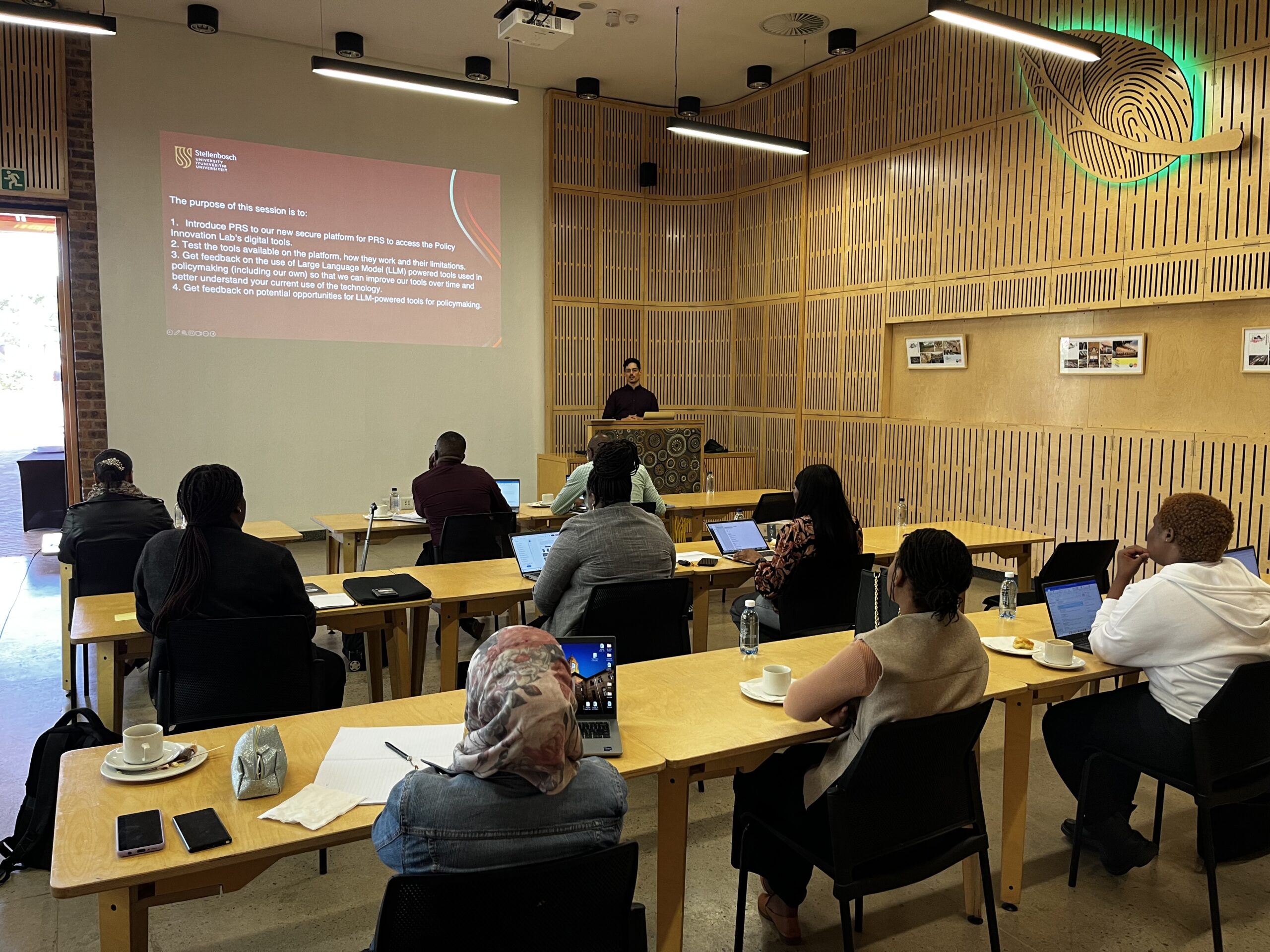
Policy Innovation Lab beta-tests platform for LLM-based tools
The Policy Innovation Lab recently got South Africa policymakers together to test our new platform which hosts a number of LLM-based tools for supporting policymaking.
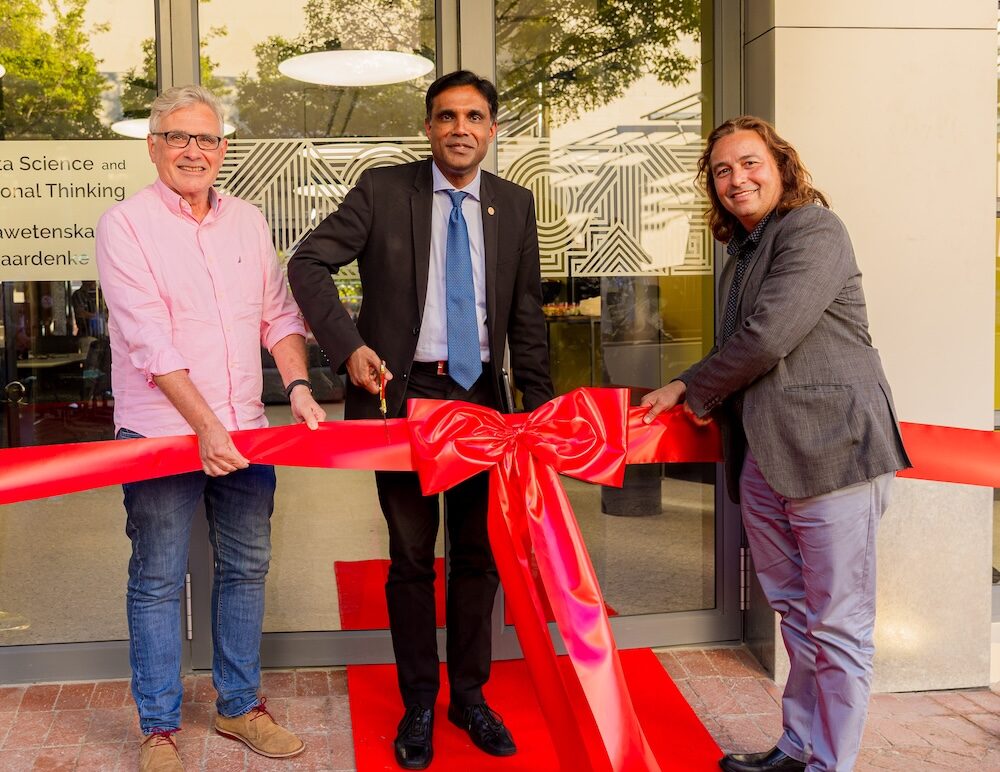
New HQ for School for Data Science and Computational Thinking opened
We recently celebrated the opening of the new headquarters of the School for Data Science and Computational Thinking, which also houses the Policy Innovation Lab. Since its establishment in 2019, this multidisciplinary school has grown into a vibrant hub, hosting several leading centres and laboratories.
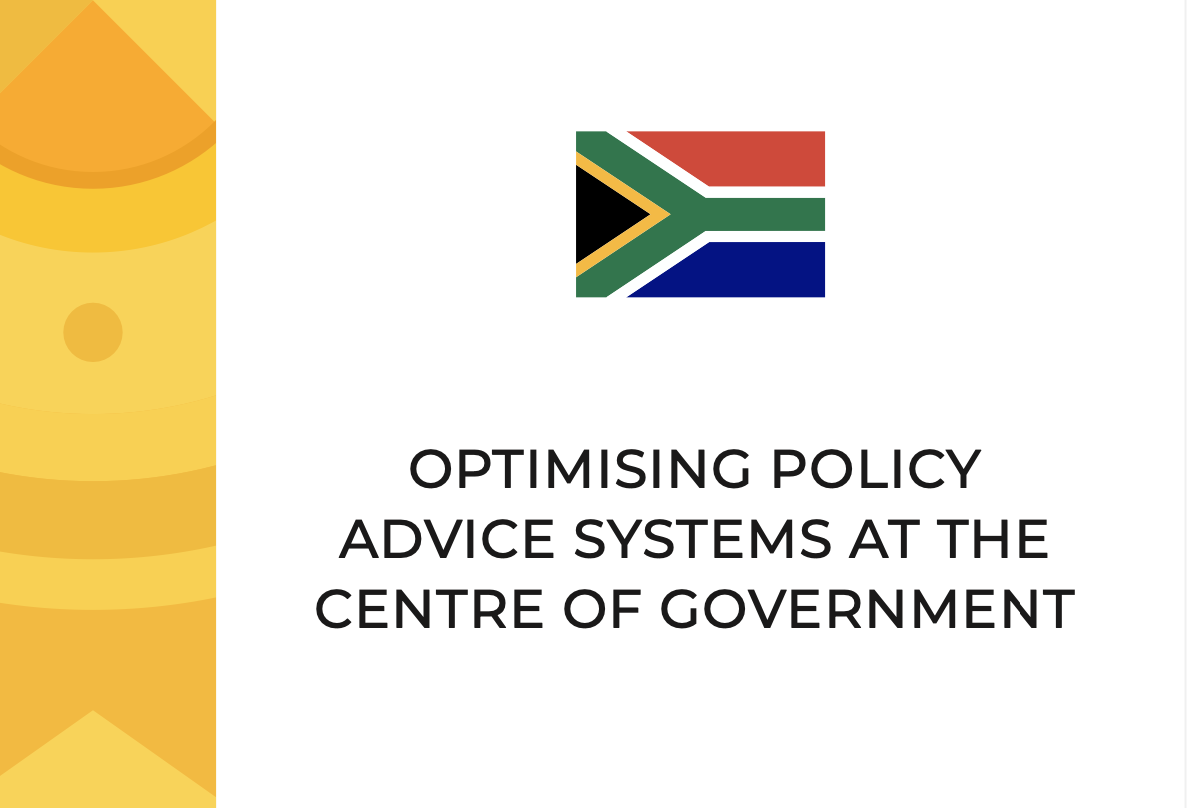
OECD dialogue leads to briefing note on optimising SA’s policy advice system
What will it take to strengthen South Africa’s policy advice system at the centre of government? This write-up of our Digital Dialogue with the OECD highlights the challenges and proposals for practical reforms that emanated from the event.
![IMG_6831[2] copy](https://policyinnovationlab.sun.ac.za/wp-content/uploads/2025/04/IMG_68312-copy-scaled.jpeg)
Lab researcher visits Oslo for peacebuilding project event
Monique Bennett, Doctoral Researcher at the Policy Innovation Lab, recently shared preliminary findings from her research on disarmament, demobilisation and reintegration (DDR) in Mozambique at a DISARM project event hosted by the Peace Research Institute of Oslo, contributing to critical policy debates on peacebuilding.
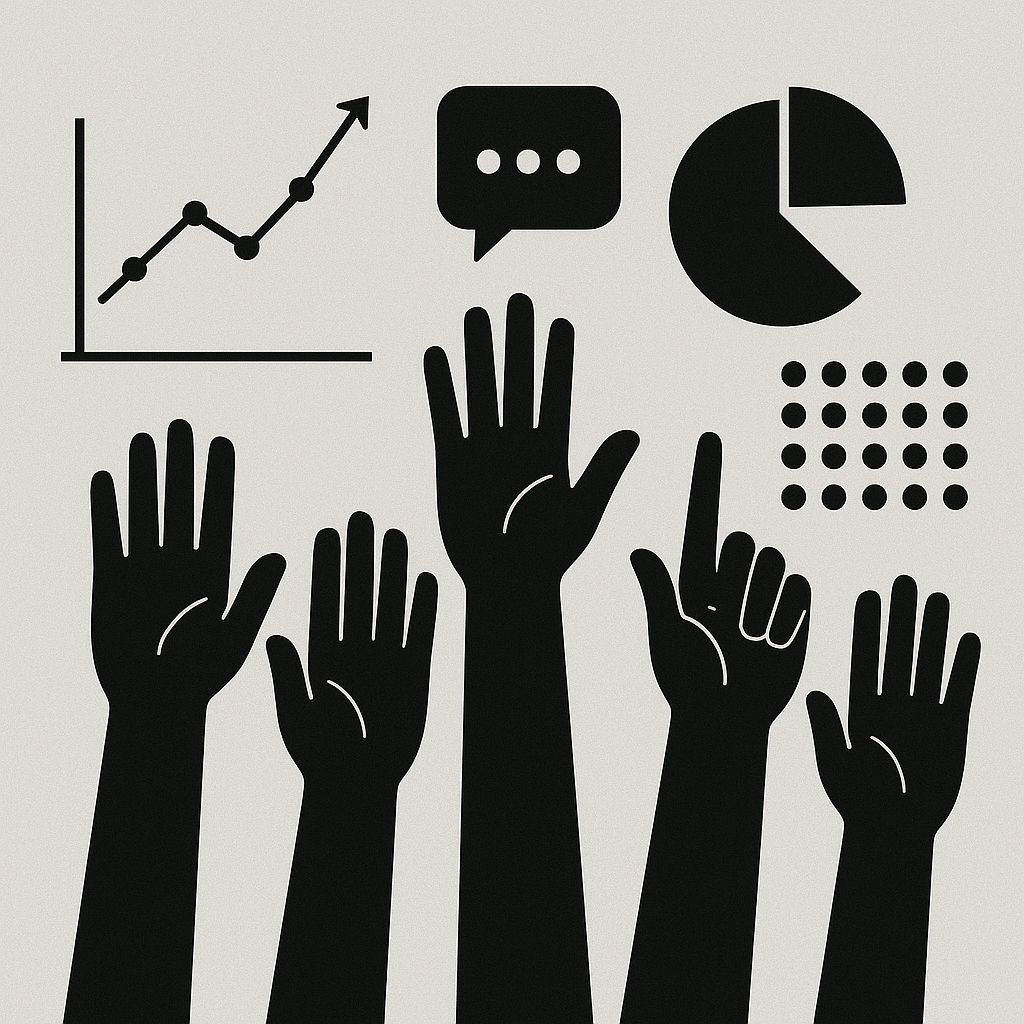
Goalkeepers explore the power of value propositions
The most recent Goalkeepers South Africa community session brought SDG advocates together to explore people-centred innovation using the Value Proposition Canvas. Supported by the Policy Innovation Lab, which connects Goalkeepers with expert guidance, the session was led by Brandon Paschal from SU LaunchLab and focused on aligning ideas with real-world needs for greater SDG impact.
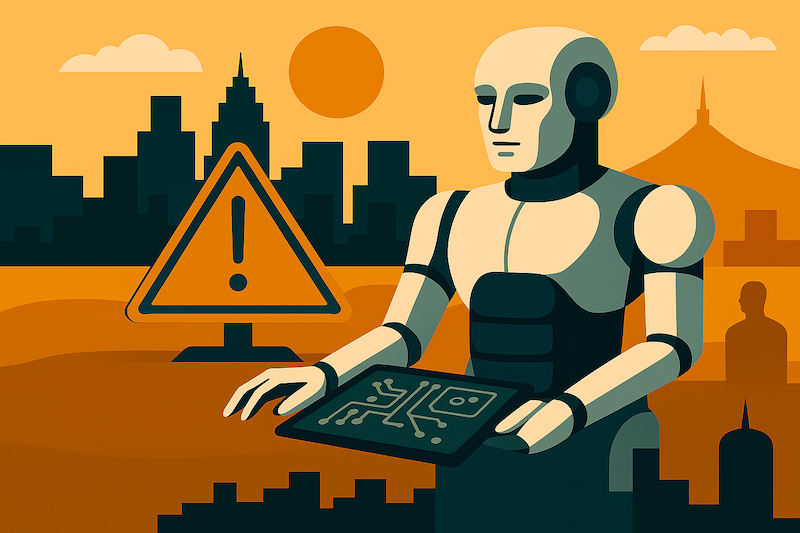
Agentic AI is changing the rules faster than policymakers can write them
In this opinion piece by Prof Willem Fourie, recently published in the Daily Maverick, he argues that unlike traditional artificial intelligence (AI), agentic AI systems act more autonomously, adapt to new environments, and pursue complex, self-generated objectives, often in ways that are difficult to regulate.
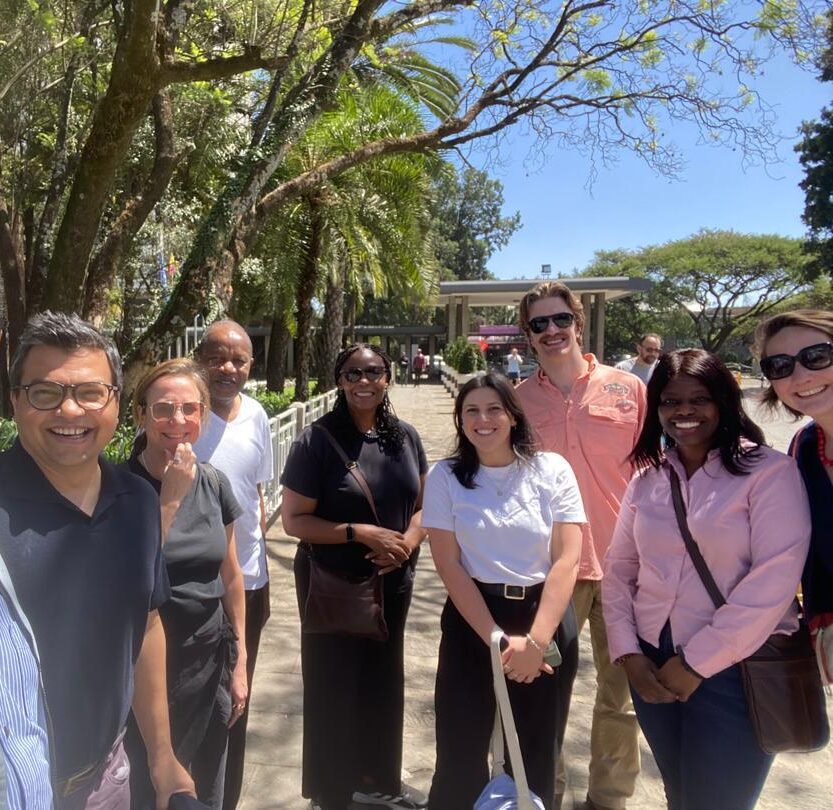
CoRE strategic meeting in Addis Ababa advances Africa-Europe research collaboration
The Cluster of Research Excellence on the Politics of Sustainable Development recently met in Addis Ababa to review progress and plan for 2025. The initiative, involving eight African and European universities, focuses on doctoral training and policy-relevant research, with Stellenbosch University’s Policy Innovation Lab contributing AI-driven policy analysis.

Reflecting on digitalisation in the public sector in Mexico City
Prof. Willem Fourie recently participated in the MGG/PRODIGEES Final Conference in Mexico City, which brought together global partners to reflect on digitalisation and sustainability. The event aimed to explore how digital technologies can support equitable and sustainable development, particular in the global south.
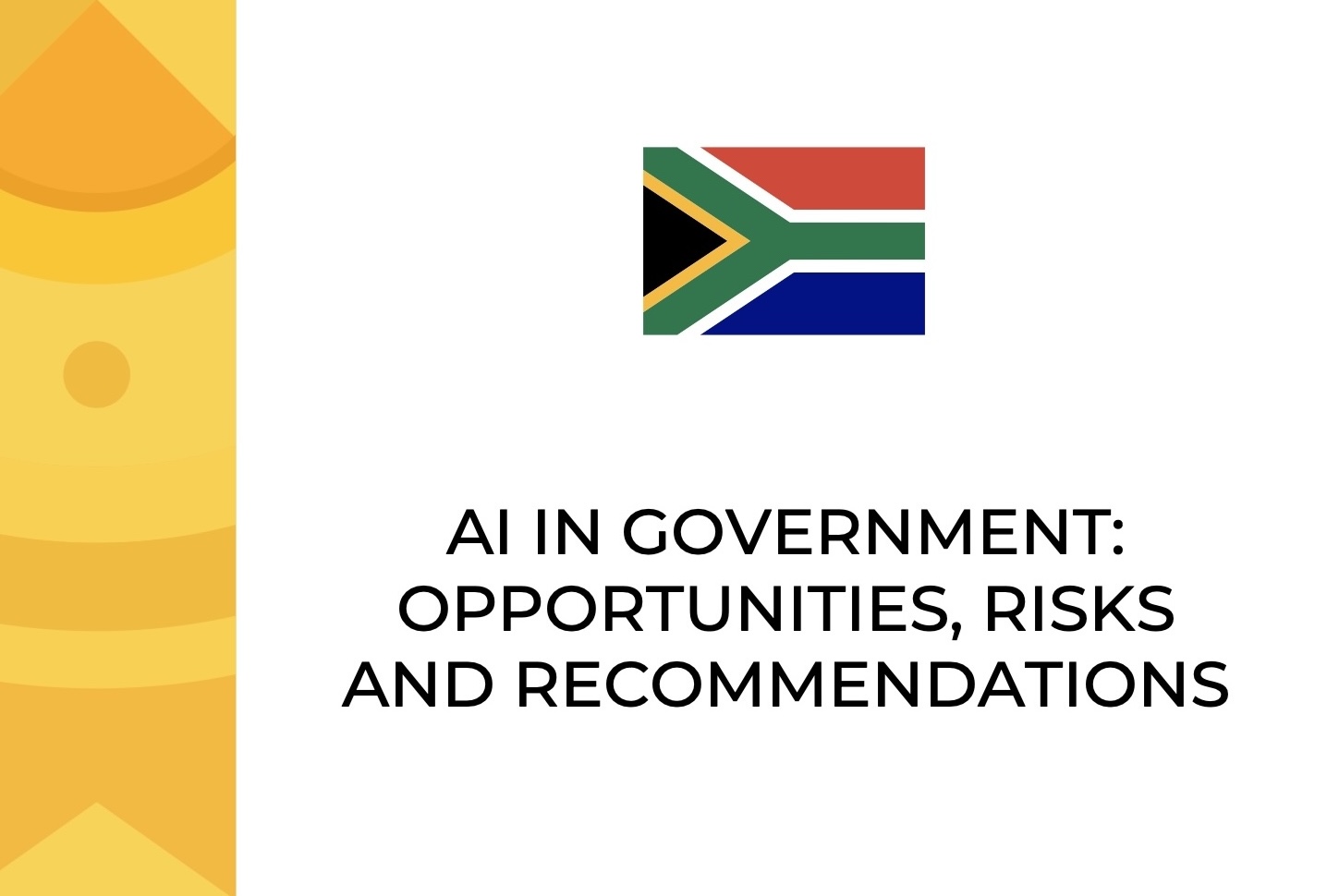
Briefing note released: AI in government
We have released a briefing note following the recent Digital Dialogue on AI in government. It captures key discussions on AI’s role in government, exploring its potential to improve public services, the risks involved and essential policy recommendations. Download now to learn how AI is reshaping how policy is made and implemented.

South African Goalkeepers meet Mark Suzman, CEO of the Gates Foundation
CEO Mark Suzman, alongside Africa Director Paulin Basinga, recently hosted the Goalkeepers South Africa Network in Cape Town. Facilitated by the Policy Innovation Lab, Suzman applauded their efforts, reaffirming that “progress is possible” through local action and collaboration. Read more about this milestone engagement and how Goalkeepers are shaping sustainable development in South Africa.

AI in government: Insights from the Lab’s Digital Dialogue
AI is transforming government, but without clear policies, it risks deepening inequality and eroding trust. Experts from Microsoft, Google, Meta and the Global Centre for AI Governance at the Policy Innovation Lab’s recent Digital Dialogue outlined how South Africa can harness AI’s benefits, namely through regulation, skills investment and innovation, while safeguarding transparency, security and inclusion.
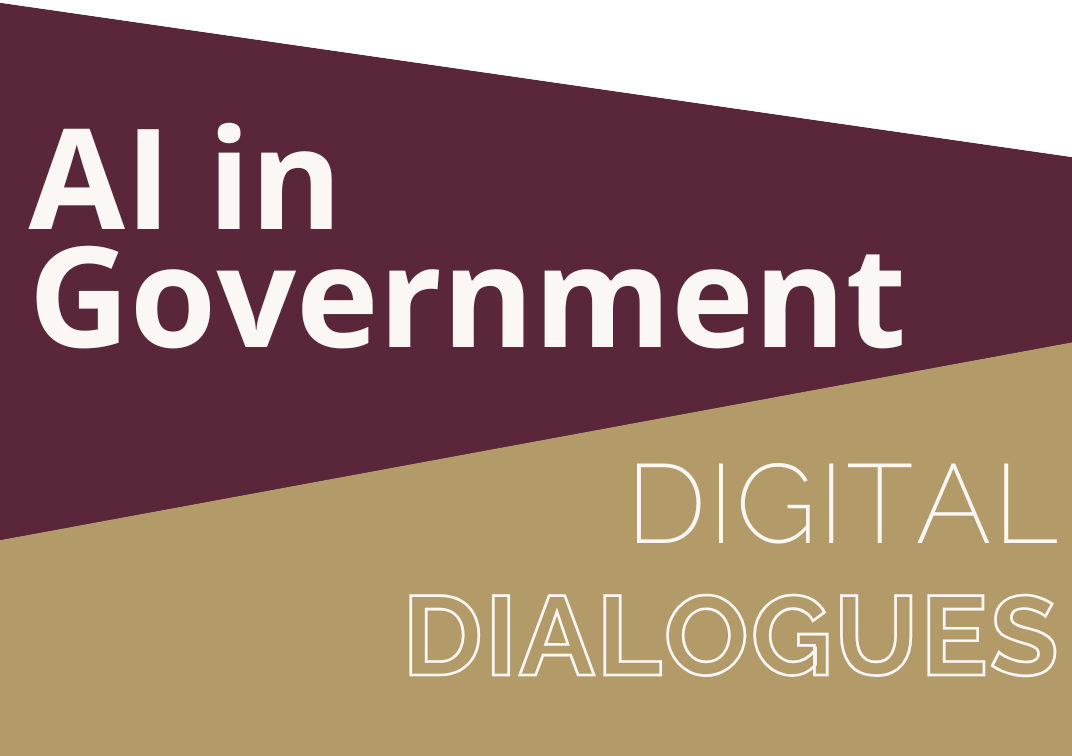
Webinar: AI in government
We’re hosting a Digital Dialogue on AI in Government in collaboration with the Policy and Research Services branch The Presidency. The discussion will feature globally recognised experts, including Andrew Cooke (Microsoft's Global Public Policy Lead), Thabo Makenete (Meta's Head of Public Policy, Southern Africa), Rachel Adams (CEO, Global Centre on AI Governance) and Shimon Shmooely (Regional AI and Policy Lead, Emerging Markets, Google).

Strengthening policy advice in South Africa: Insights from the OECD
The Policy Innovation Lab hosted the OECD in a workshop with the Presidency to explore strengthening policy advice at the centre of government. The OECD’s work highlights innovative approaches from around the world, offering valuable insights into effective policy advisory systems.
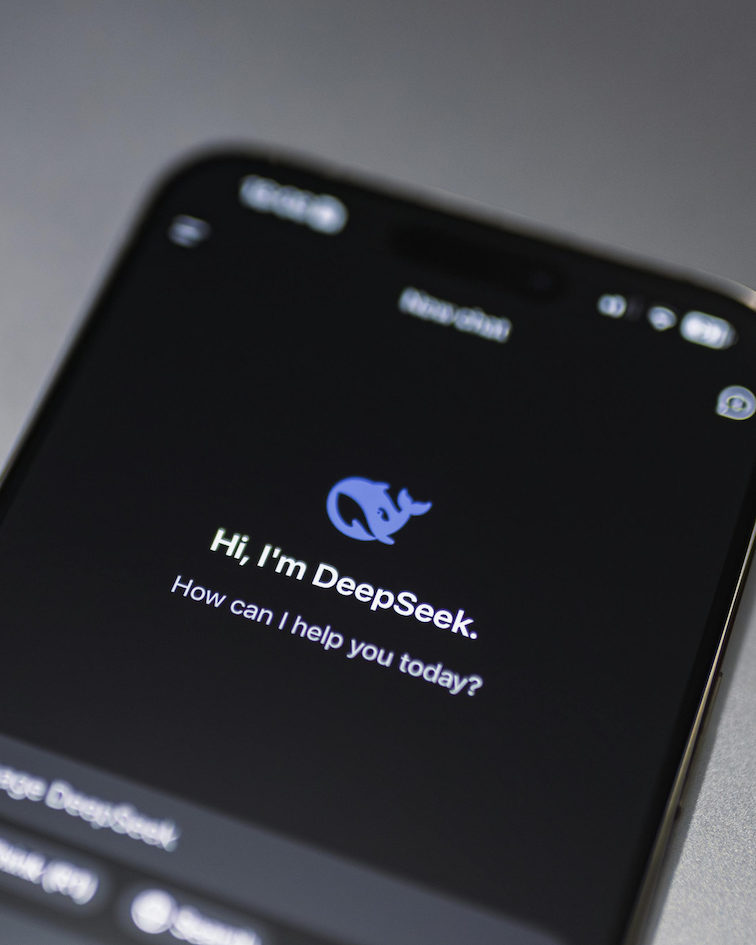
Stargate, DeepSeek and the implications for South Africa
Dr. Gray Manicom was recently interviewed on radio about the recent developments of Chinese company DeepSeek and the American Stargate Project. These companies highlight geopolitical tensions regarding the development of AI technology, which have significant implications for South Africa.

Responsible AI for transformative policymaking in South Africa
In 2025, the Policy Innovation is focussing on responsible AI to transform policymaking in South Africa. Our work will focus on ethical AI governance and developing AI tools to optimise policy design and implementation. From enhancing public sector capacity to coordinating digital transformation, to prototyping AI-driven policy tools, our work bridges research, teaching, and partnerships with key stakeholders. Explore how we’re shaping AI’s role in policymaking.

Get to know the team: Dr Itai Makone
In this month’s edition of “Get to know the team”, we’re excited to feature Dr Itai Makone, our social science and policy innovation researcher. With a background in economics and political science, Dr Makone is a key member of the Policy Innovation Lab’s research team.

Briefing Note released: South Africa and the G20 in a fragmented world
The Policy Innovation Lab partnered with South Africa’s government to host a dialogue with global experts, providing reflections on priorities of relevance for the country’s historic G20 presidency. The briefing note, 'South Africa and the G20 in a Fragmented World', highlights actionable priorities for addressing global challenges and advancing Africa’s agenda.

Catalogue update – December 2024
At the end of 2024 we updated our catalogue of AI tools used by governments around the world. Here's what we found.

Get to know the team: Dr Gray Manicom
This month, we’re spotlighting Dr Gray Manicom, our data science and policy innovation researcher at the Lab, in the first instalment of our monthly Get to Know the Team series. Discover the tools he's using and learn about his recent explorations into text embedding models and their role in understanding language. Read the full story and get inspired by the work driving our team forward!
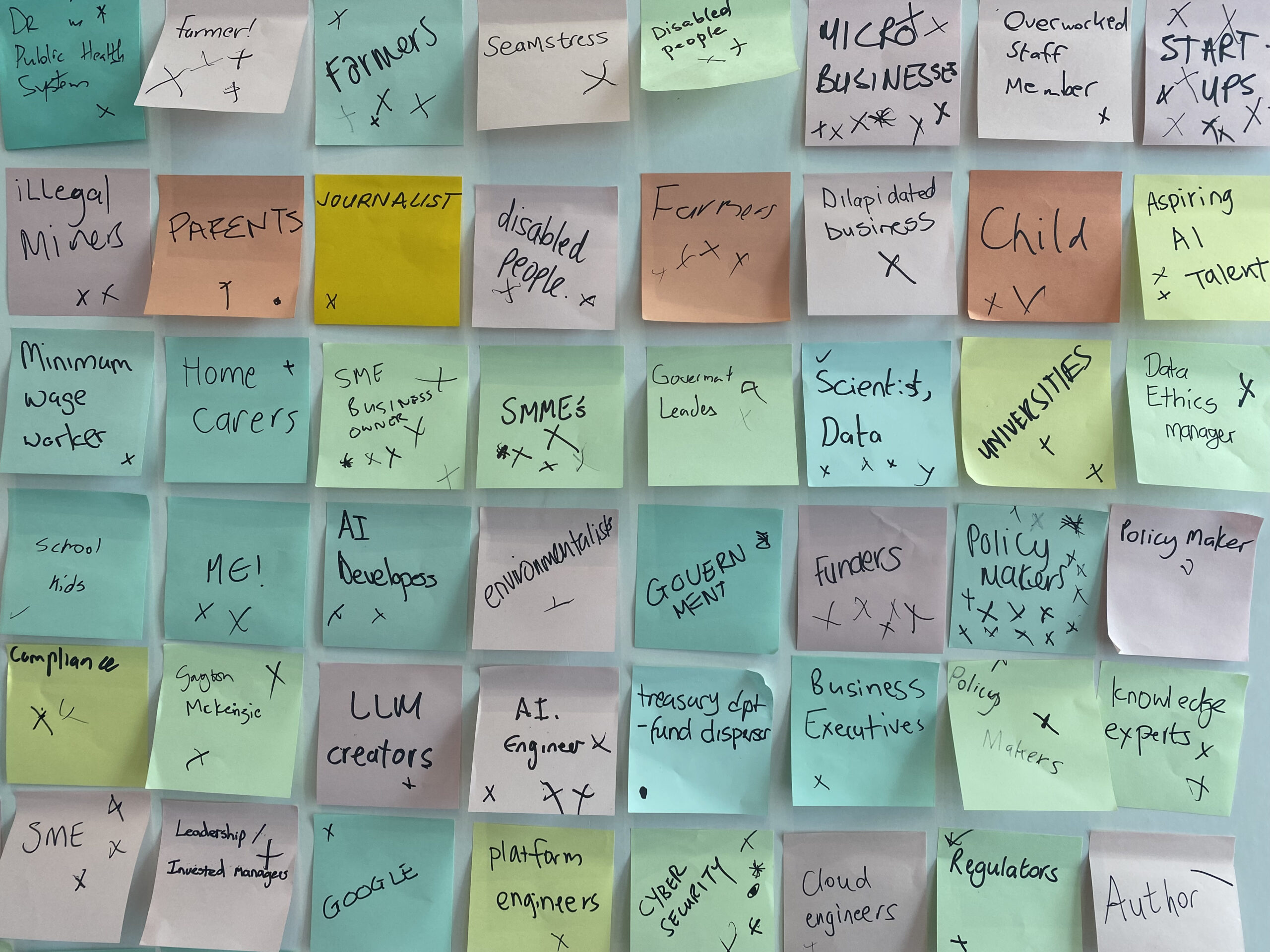
Policy Innovation Lab participates in the AI Opportunities Blitz
Participants of the AI Opportunities Blitz emphasize the importance of supporting policymakers in and through digital transformation.

New training equips policymakers with digital tools for smarter governance
The Policy Innovation Lab equips policymakers with digital skills to enhance evidence-based governance. A recent training covered AI, modelling, and citizen-generated data, fostering ethical and responsible decision-making. Participants praised the sessions’ practical approach to advancing data-driven policy insights.
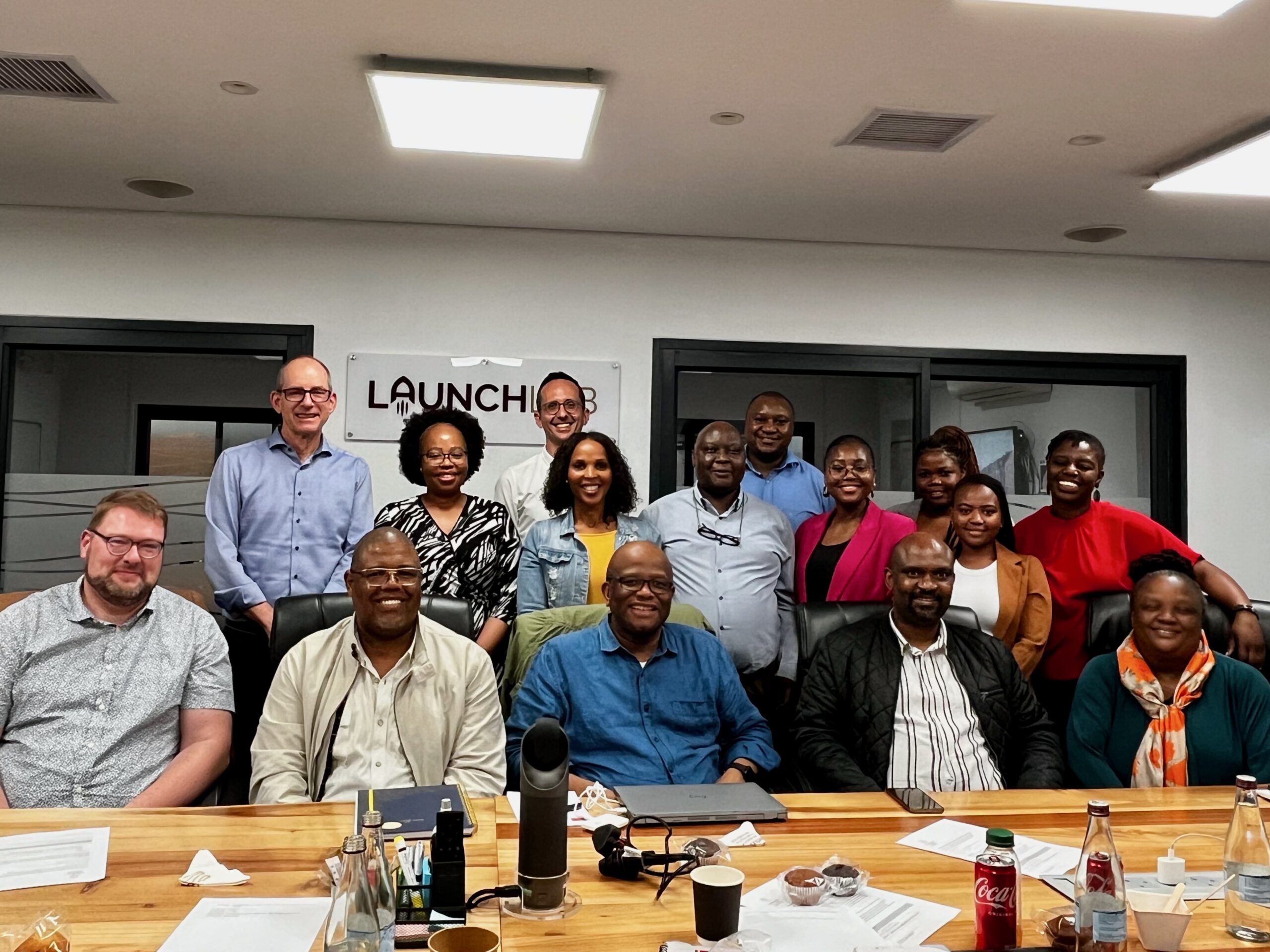
Policy Innovation Lab facilitates meeting with IDOS to boost evidence-based policymaking in South Africa
The Policy Innovation Lab recently hosted a multistakeholder workshop with IDOS, a Germany-based global think tank, to enhance South Africa's policy advisory capacity. They shared strategies for evidence-based policymaking and overcoming challenges. The goal is to build an effective, independent approach supporting inclusive and sustainable development.

Policy Innovation Lab strengthens policy costing skills with new training
The Policy Innovation Lab recently facilitated an online Policy Costing Refresher Course, equipping policy makers with up-to-date knowledge and expertise to make more informed, evidence-based decisions that align with global best practices.

Rethinking policymaking in the era of AI: Insights from Meta’s annual open innovation workshop
In October 2024, Prof. Willem Fourie participated in Meta’s Open Innovation AI Research Community Annual Workshop in London. He discussed the use of large language models to enhance policy advice in South Africa, addressing both their benefits and ethical challenges while emphasising the need for innovative policymaking approaches.

Lab team member invited to discuss COP29 hosted on OFM’s Business Hour
The Lab's Monique Bennett recently discussed COP29 in Baku, the "Finance COP" aiming to mobilise $1 trillion for emerging economies on OFM. Azerbaijan's dual role as climate contributor and victim highlights the challenges that fossil fuel-dependent nations face in aligning economic goals with climate commitments.
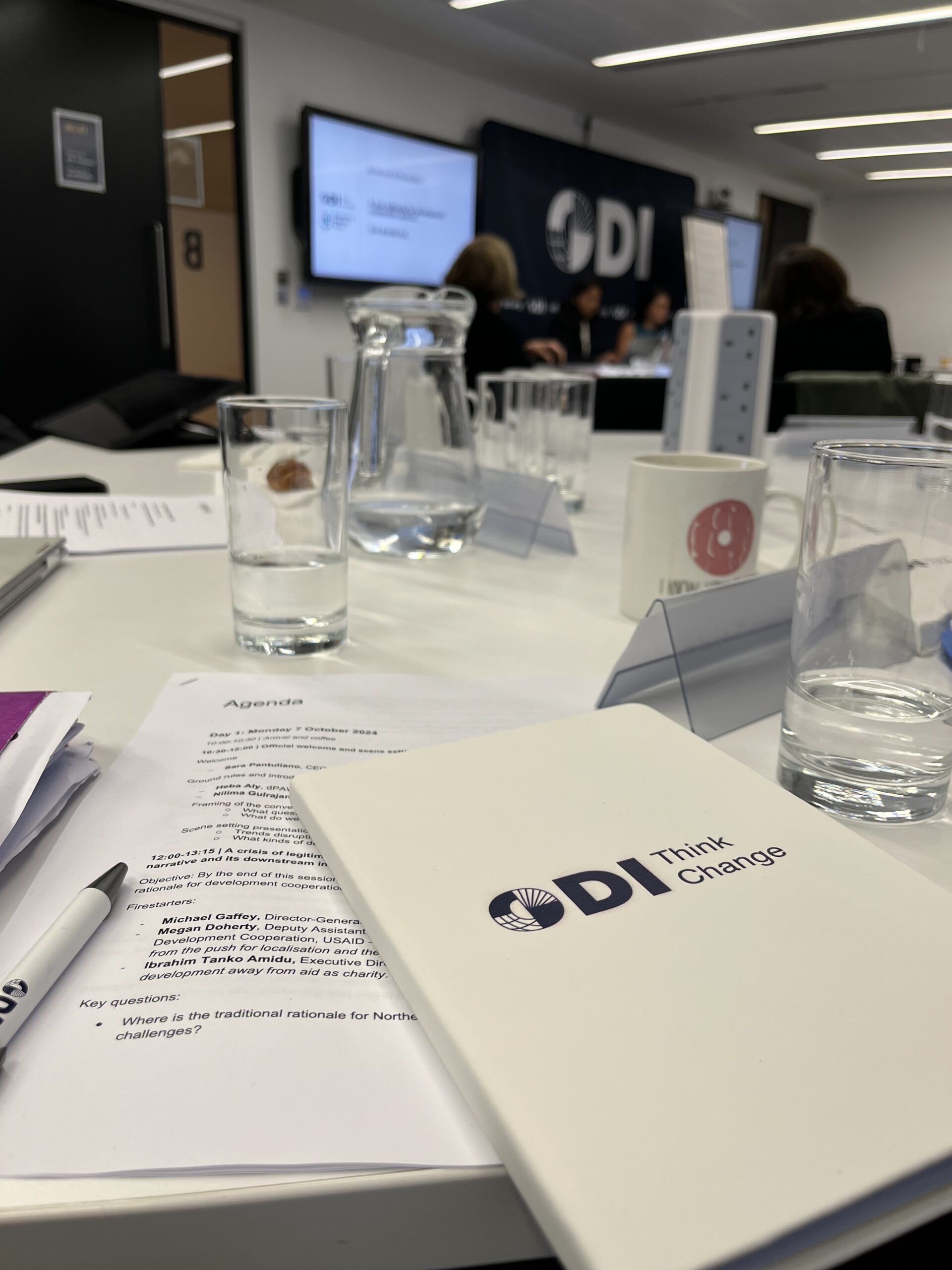
Policy Innovation Lab in dialogue on the changing nature of development aid
Prof. Willem Fourie participated in a dialogue at ODI on reframing development aid in a post-aid world, addressing the trust deficit, evolving aid narratives, and building equitable partnerships between Northern and Southern actors.

Big data for smarter policy decisions
Learn how SU's Policy Innovation Lab is strengthening policymaking with AI – developing new tools, strategies and collaborations to fast-track SDG achievements in South Africa and beyond.

Reflecting on the Goalkeepers 2024 event: Breaking the cycle of malnutrition through innovation
The Goalkeepers 2024 event ignited a powerful call to action against malnutrition. With groundbreaking innovations and inspiring stories, the global community came together to push forward health solutions that will shape a more prosperous and equitable future.
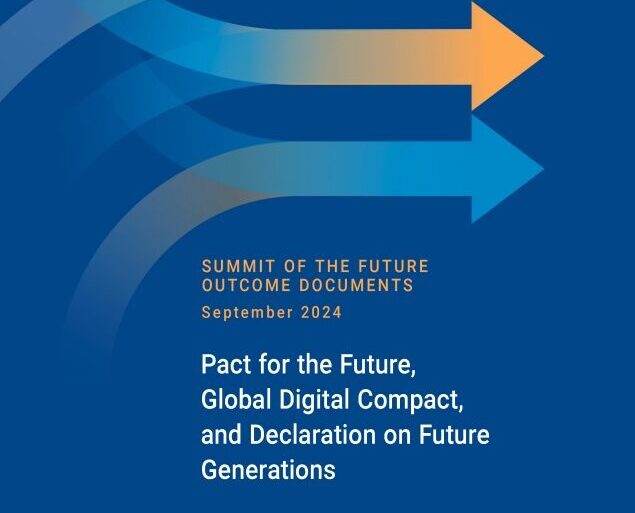
UN Summit of the Future adopts Global Digital Compact to shape AI and digital technologies
The recently-adopted Global Digital Compact marks the beginning of a new era of international cooperation on digital technologies and AI. Its success hinges on the active engagement of all stakeholders, including governments, private sector entities, civil society and international organisations.
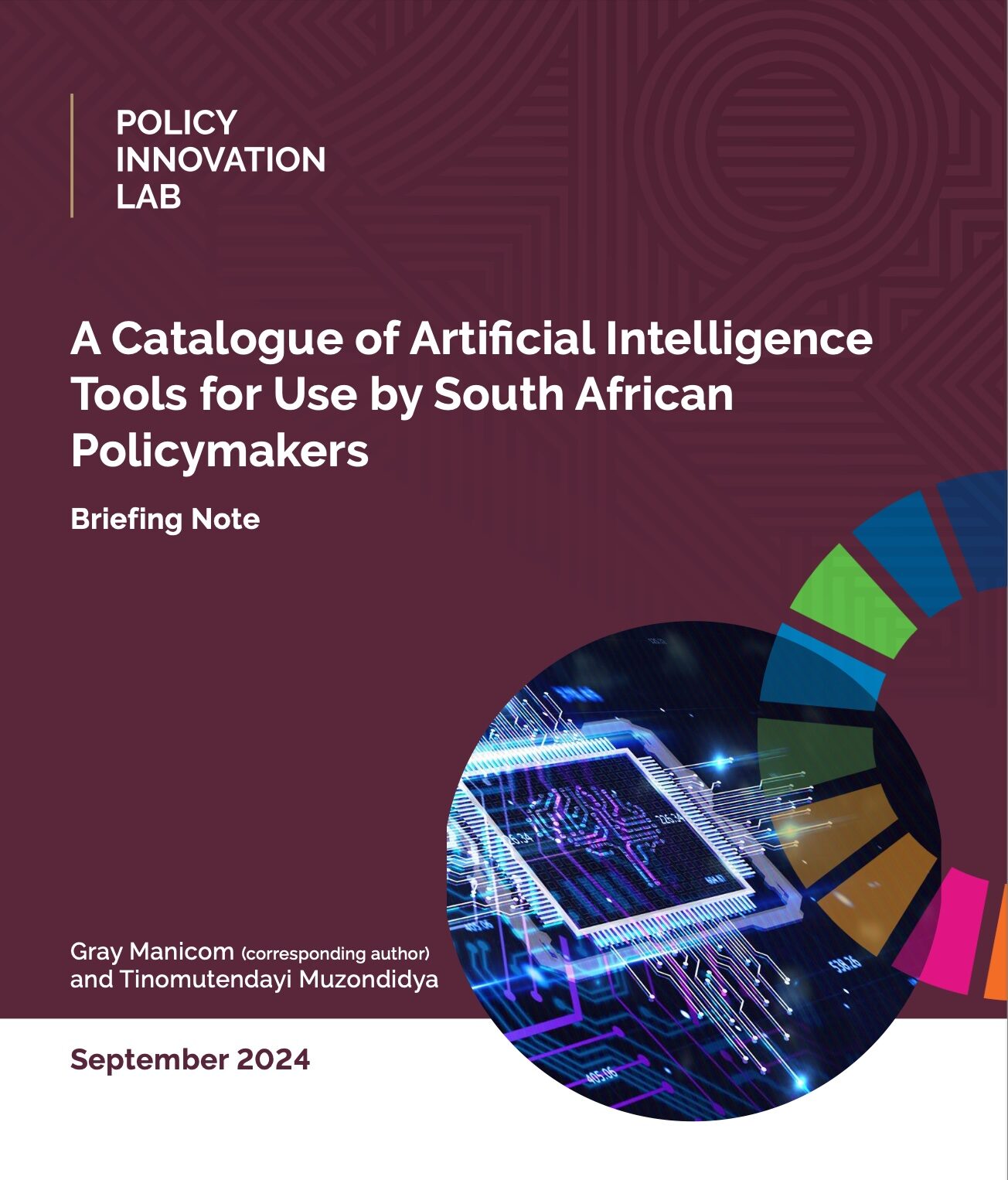
Publication announcement: Briefing note on AI tools for South African policymakers
We are excited to announce the release of our latest briefing note 'A Catalogue of Artificial Intelligence Tools for Use by South African Policymakers', offering practical insights into AI's role in public sector innovation and service delivery.

Lab participates in SDSCT’s 5th hackathon
The Policy Innovation Lab recently participated in the School of Data Science and Computational Thinking's hackathon "Patch Perfect: Using AI to fix roads", which challenged participants to build AI models for predicting the repair needs of potholes in South Africa.
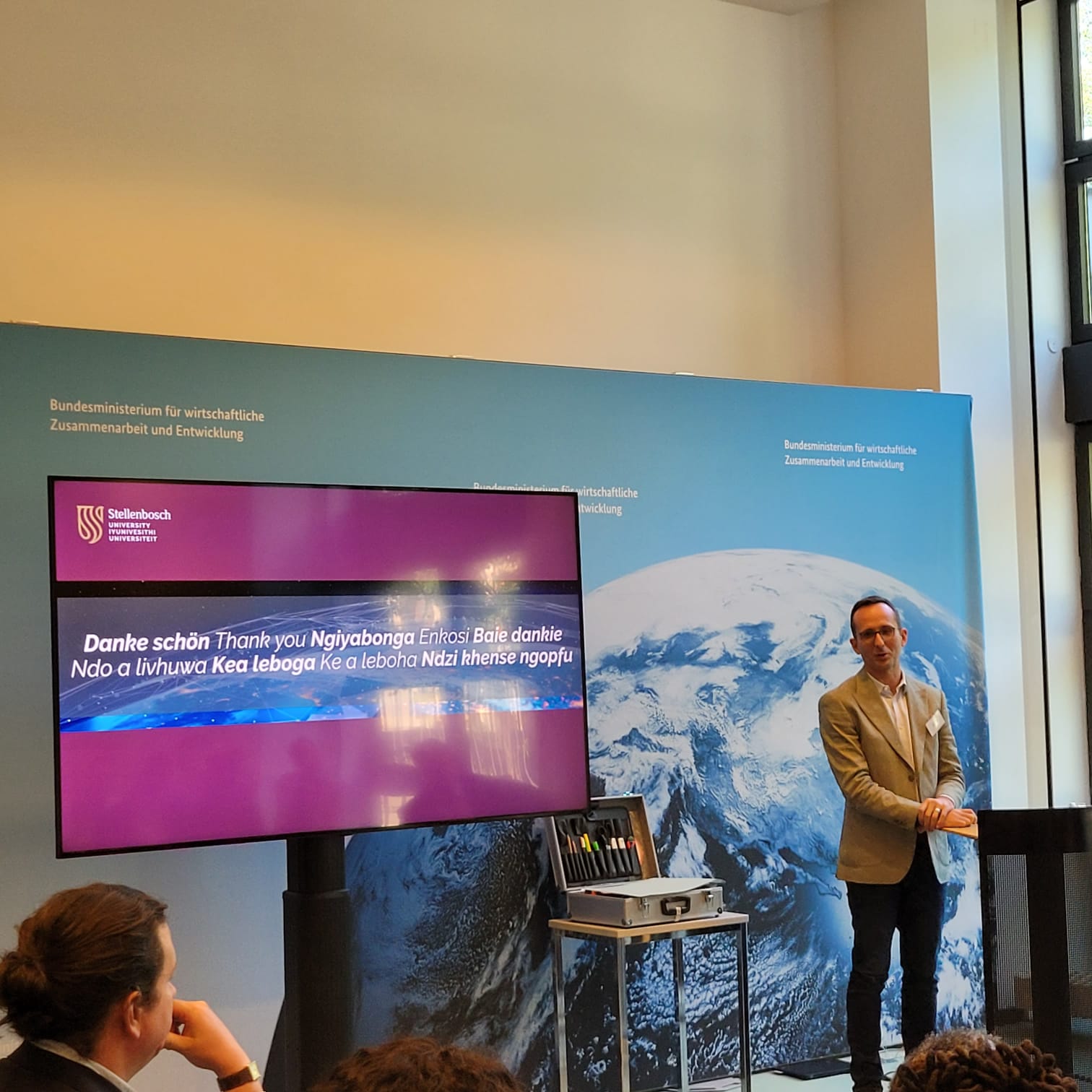
Policy Innovation Lab engages with German experts on AI-driven public sector transformation
Prof. Willem Fourie participated in a workshop with key German institutions to explore AI in public administration, highlighting the Policy Innovation Lab’s work on strengthening policymaking through data science and AI tools.

SU’s Policy Lab helps build public sector trust in AI with online catalogue of tools
Stellenbosch University’s Policy Innovation Lab is building public sector trust in AI through a new online catalogue of AI tools. The newly-released searchable catalogue showcases AI applications relevant to South Africa, drawing from the European Union’s best practices to improve service delivery and administration and build public trust.

Dr Gray Manicom represents Lab at Meta LLM community meetup
In August, Meta hosted the Llama Community Meetup at their headquarters in Johannesburg, following the release of Meta’s latest open-source large language model, Llama 3.1. Dr Gray Manicom represented the Policy Innovation Lab at the meeting, and discusses some of the highlights.

Prof Willem Fourie appointed as inaugural Chair of Policy Innovation
Stellenbosch University has appointed Prof Willem Fourie as the inaugural Chair of Policy Innovation at the School for Data Science and Computational Thinking. The Chair will create a platform for high-impact and societally-relevant research on the application and governance of data science tools to enhance policymaking in South Africa.
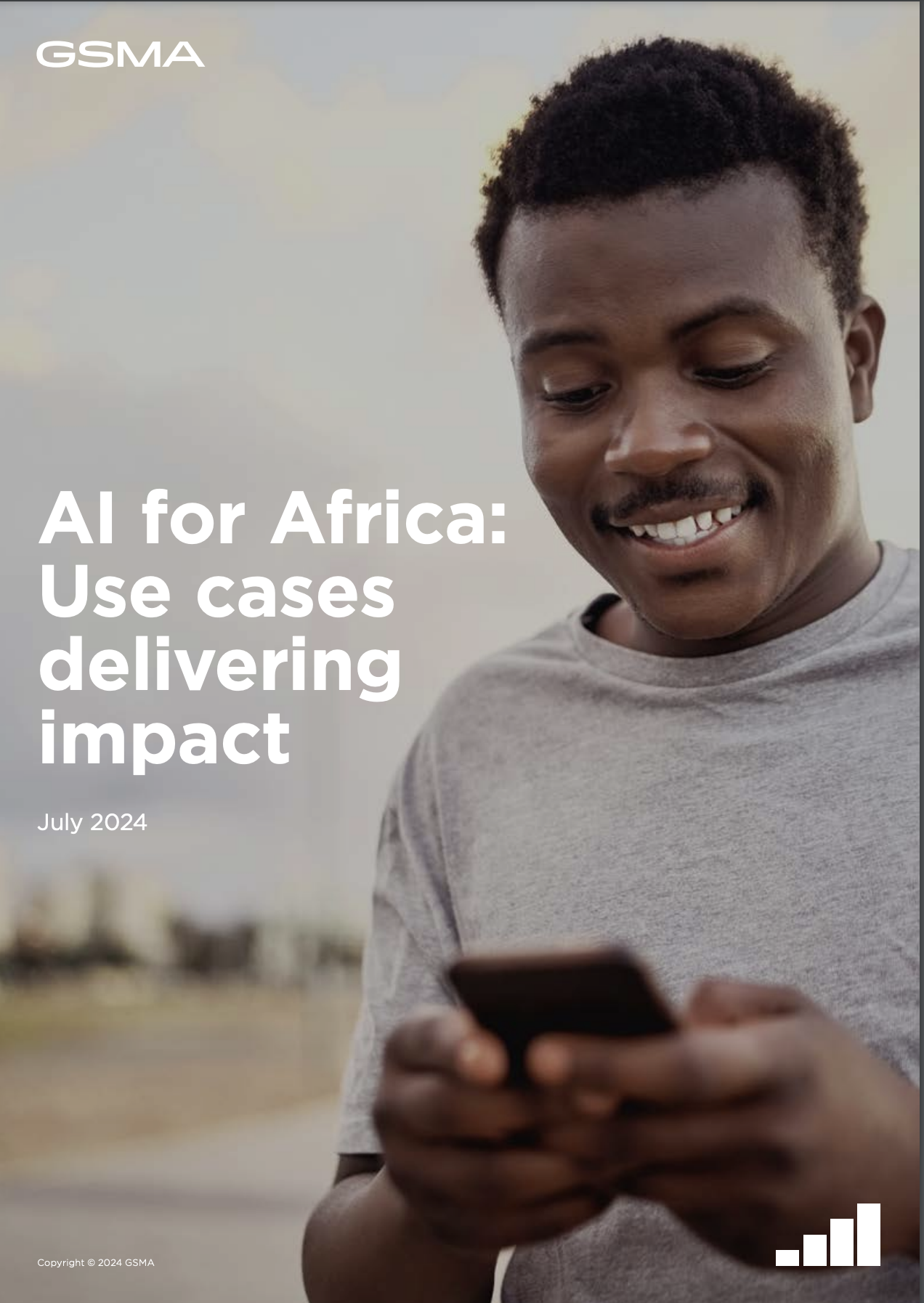
New GSMA report highlights AI’s potential economic impact in Africa
The GSMA has released a new report highlighting AI's potential to boost Africa's economy by $2.9 trillion by 2030, significantly advancing the Sustainable Development Goals. Focusing on Kenya, Nigeria, and South Africa, it analyzes over 90 use cases in agriculture, food security, energy, and climate action, and examines the maturity of AI ecosystems.
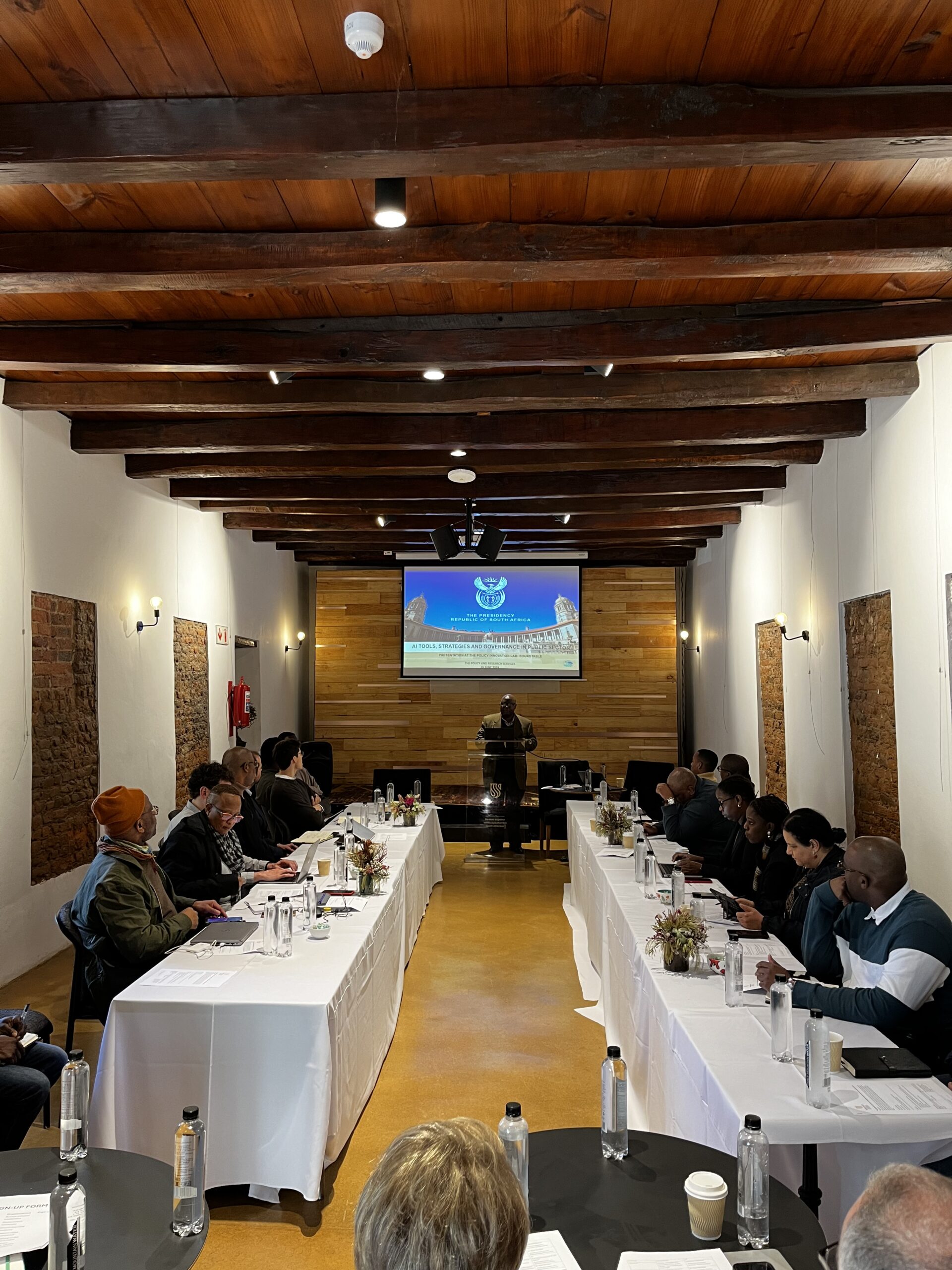
Lab roundtable brings together AI experts and policymakers
A recent roundtable meeting held in Stellenbosch by the Policy Innovation Lab brought together experts from various fields to discuss the use of artificial intelligence (AI) tools and governance to strengthen policymaking in South Africa.
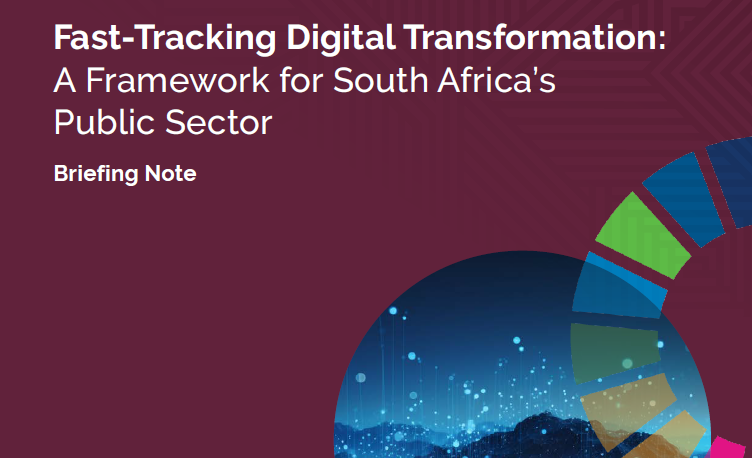
Policy Innovation Lab releases briefing note on digital transformation in the public sector
The Policy Innovation Lab has released a briefing note proposing a framework for digital transformation in South Africa's public sector.
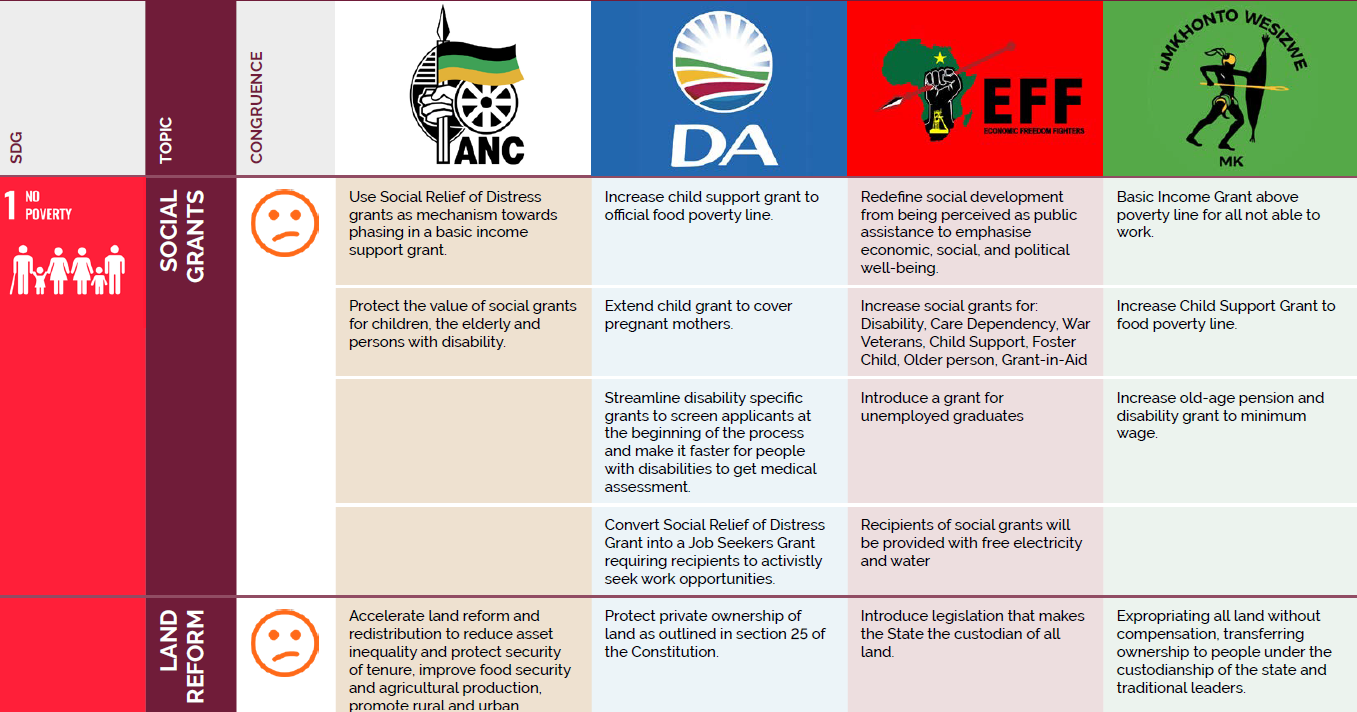
Policy Innovation Lab releases detailed comparison of ANC, DA, EFF and MK Party manifestos
The Policy Innovation Lab has released one of the most comprehensive analysis of convergence and divergence in the manifestos of the ANC, DA, EFF and MK Party.

How South Africa’s new government could approach digital transformation
We analysed how South Africa's political parties intend to approach digital transformation.

How AI is impacting policy processes and outcomes in Africa
A look at some of the challenges and opportunities AI presents in the African public sector.

How AI might solve protest issues
We look at recent protests in South Africa and how AI can be used to solve the protester's issues.
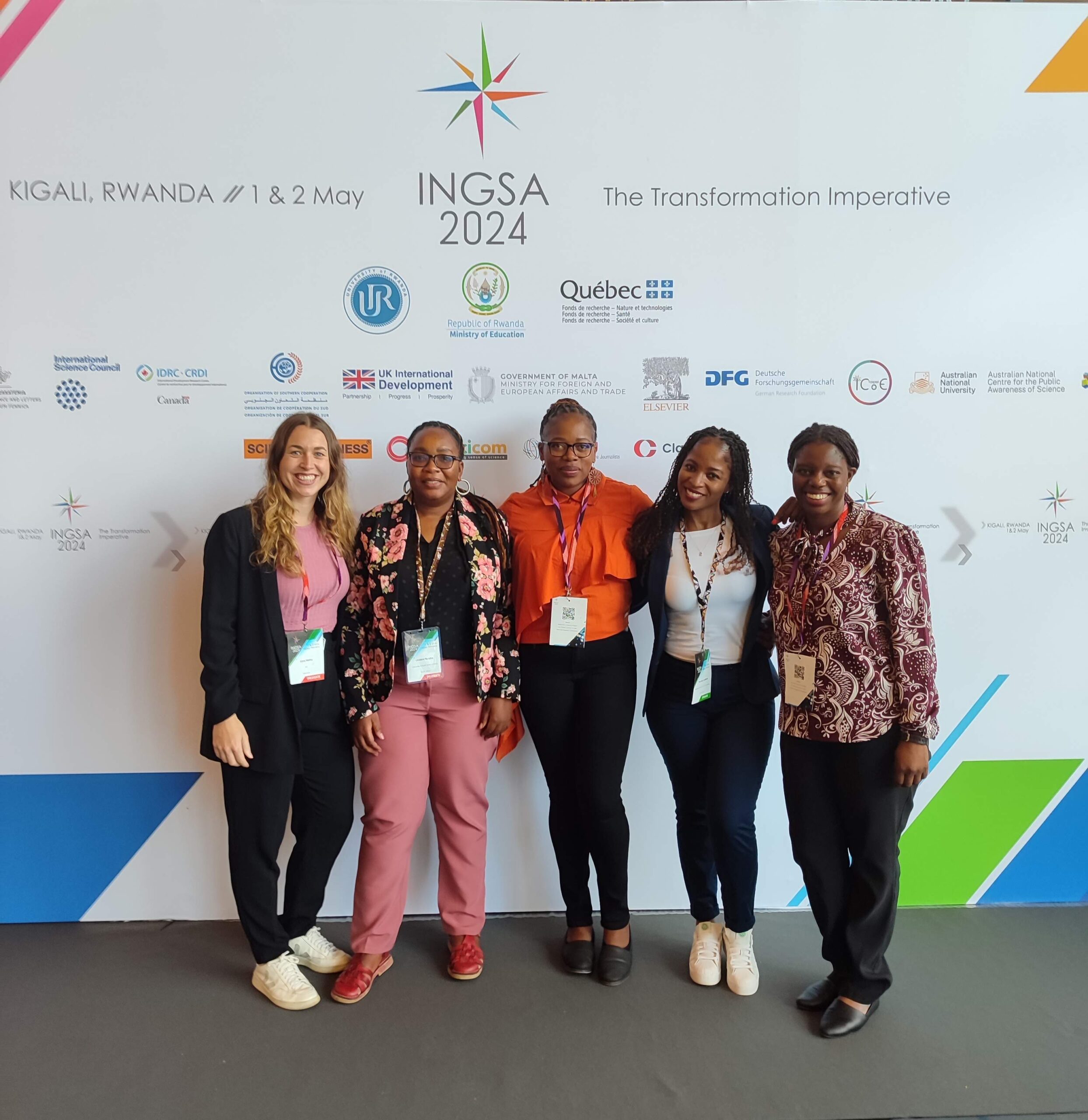
Dr Itai Makone at INGSA 2024 in Kigali
Dr Itai Makone from the Policy Innovation Lab participated in the INGSA 2024 conference in Kigali, discussing the importance of scientific advice in policymaking.

Insights from the 2024 AI index
The seventh edition of the AI Index produced by Stanford University provides useful guideposts for understanding the impact of AI on society.
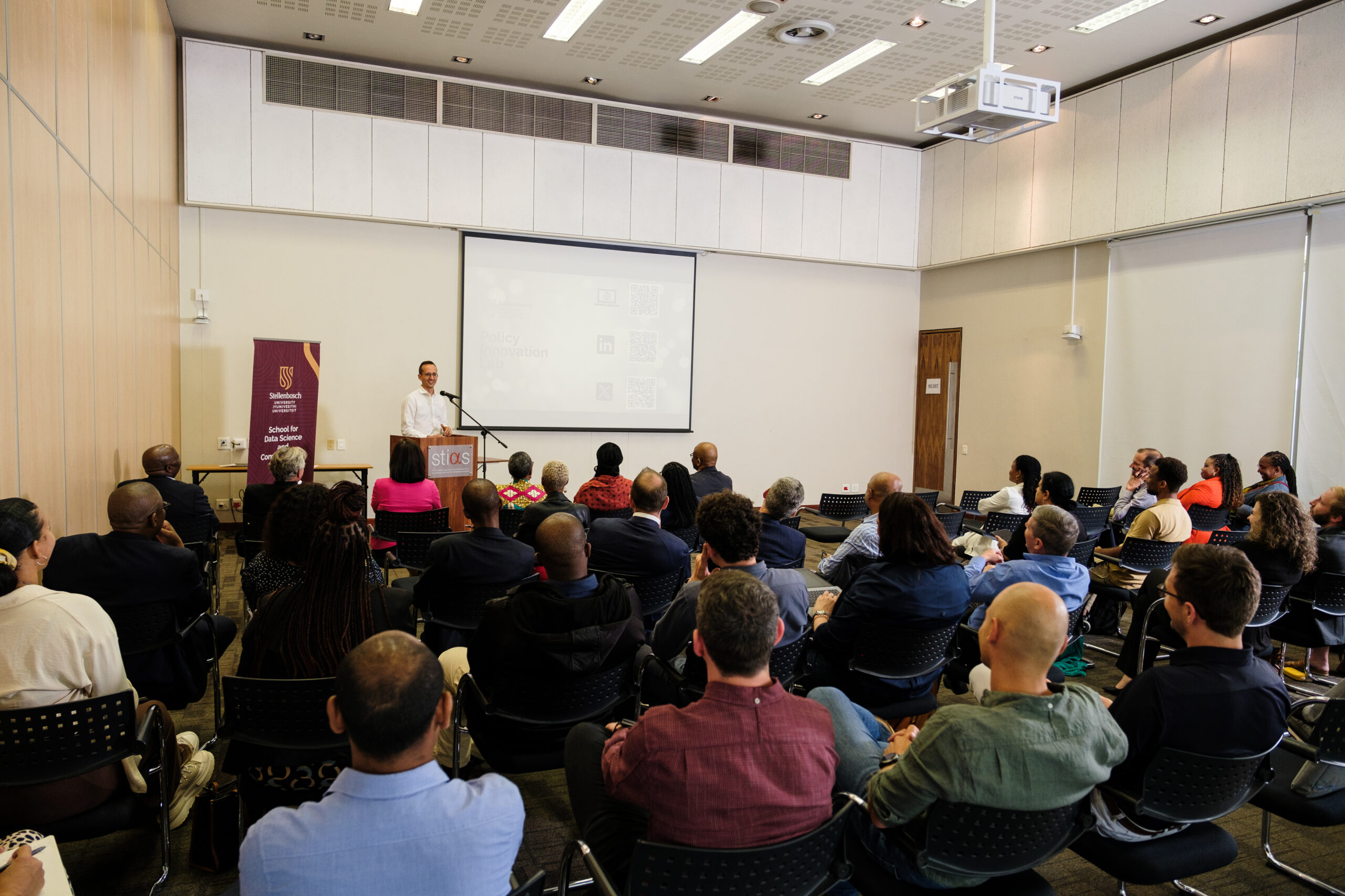
SU’s Policy Innovation Lab a first in Africa
Stellenbosch University, through a partnership with the Presidency, the German government and the Bill & Melinda Gates Foundation, recently officially launched Africa's first Policy Innovation Lab.

Policy Innovation Lab the newest member of Cluster of Research Excellence
The Policy Innovation Lab has recently joined the ARUA-Guild Cluster of Research Excellence on the politics of sustainable development.

AI can be democracy’s ally, but not if it works for Big Tech
Kennedy School Adjunct Lecturer in Public Policy Bruce Schneier says artificial intelligence has the potential to transform the democratic process in ways that could be good, bad, and potentially mind-boggling.

Generative AI for the Public Sector: From Opportunities to Value
The new tools of generative artificial intelligence (GenAI) are fundamentally changing the nature of knowledge work, creating promising opportunities to significantly increase productivity and spur innovation across entire economies.

How to navigate global trends in Artificial Intelligence regulation
AI’s potential to create positive human impact will depend on a responsible, human-centered approach that focuses on creating value for all.

